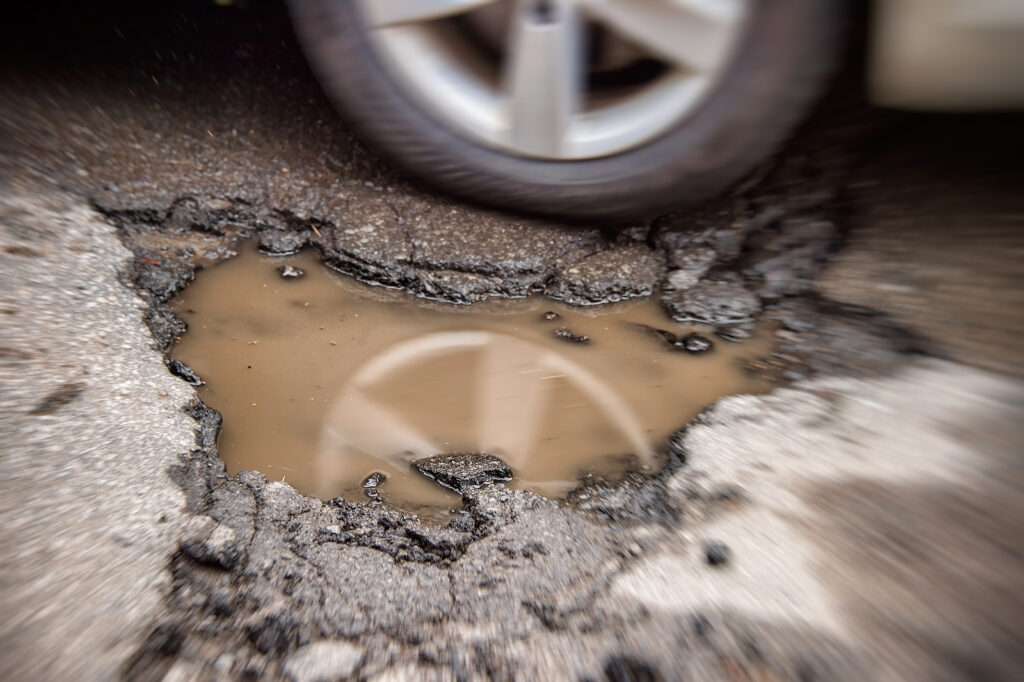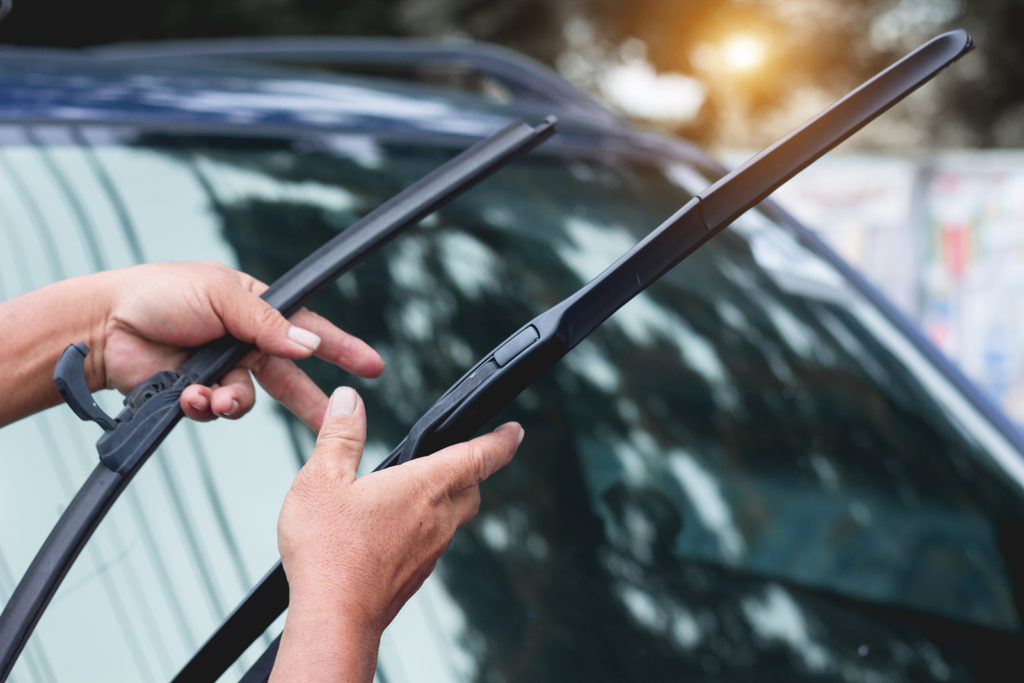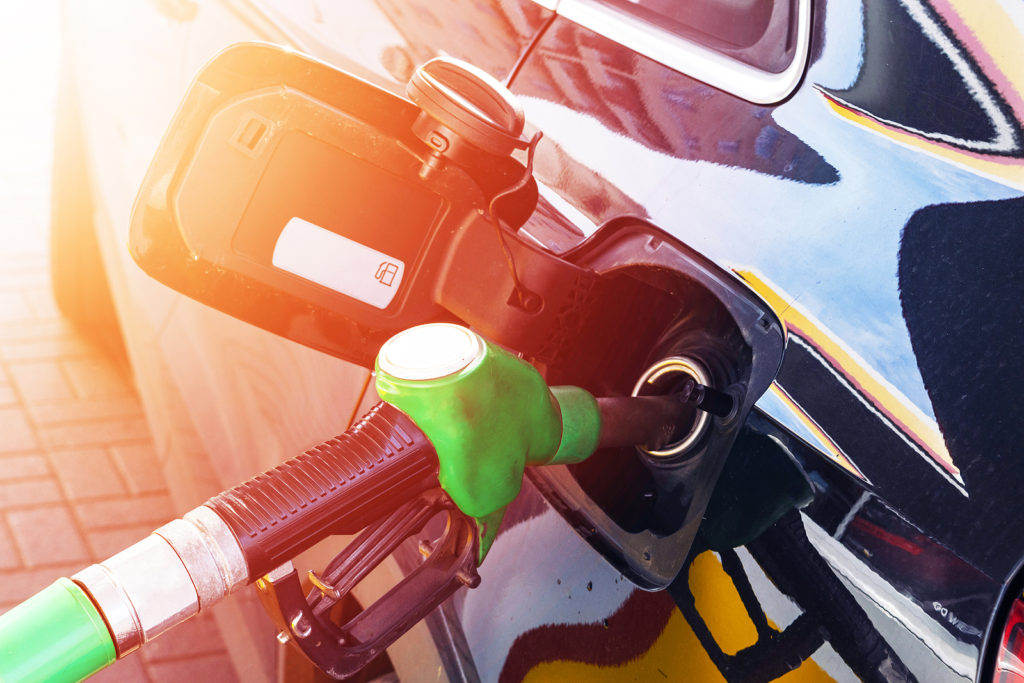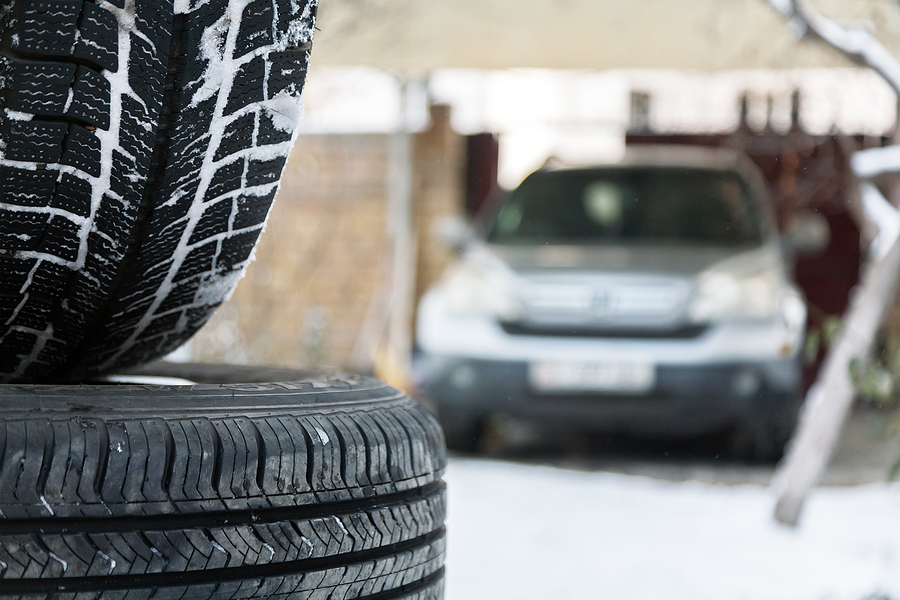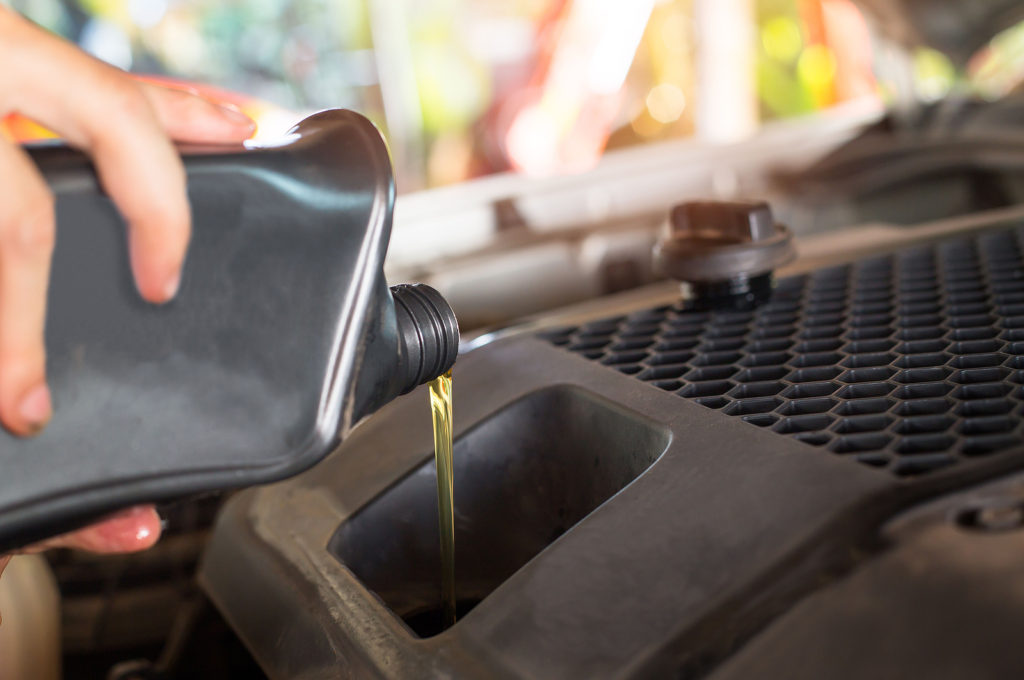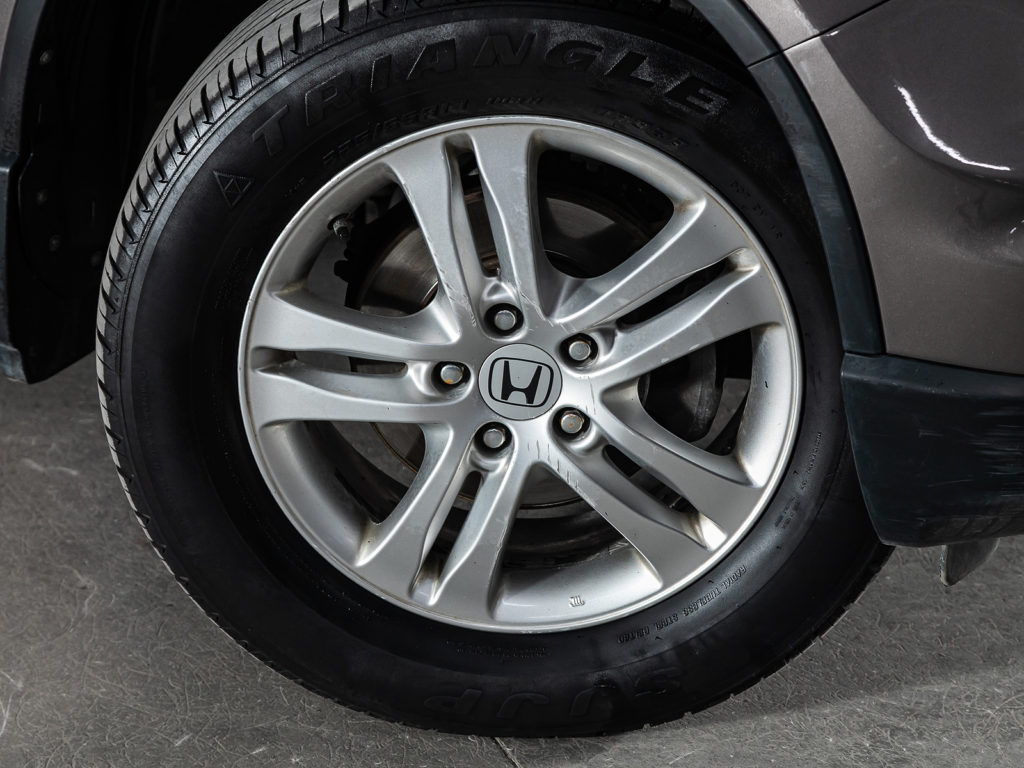Like a rock skipping on the surface of a pond or an Olympian ice skater gliding across the ice, hydroplaning is much similar in terms of physics, but incredibly more dangerous. To hydroplane in a vehicle while driving is a scary experience that makes drivers feel out of control. During times of heavy or constant precipitation, like snow and rain, the formation is ice and puddling on the road can cause seriously hazardous driving conditions. One of the most common driving mishaps during these times of year is hydroplaning.
Continue reading to learn more about hydroplaning, most importantly, how to prevent it from happening to you and your loved ones.
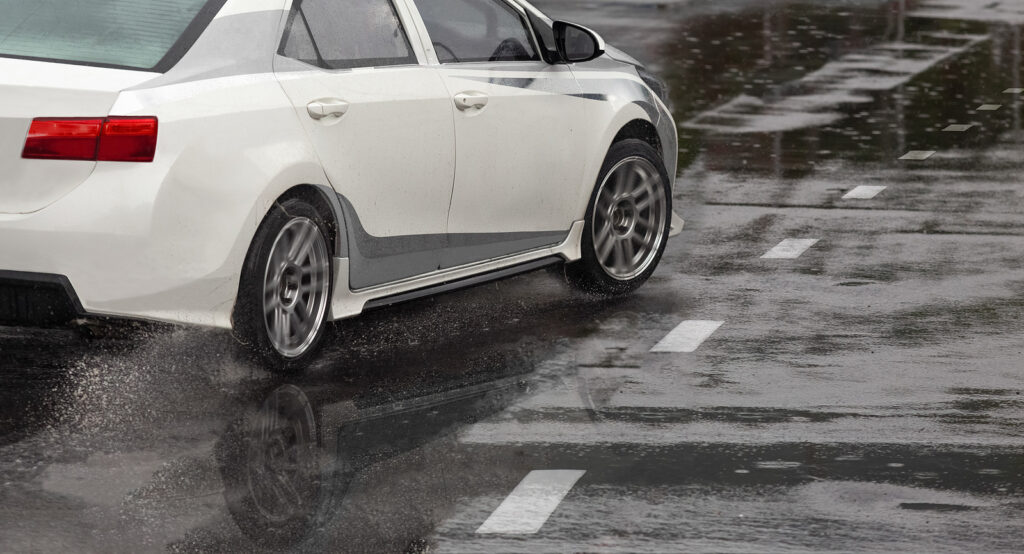
Aquaplaning
Hydroplaning is also referred to as aquaplaning. It is something you might have already experienced before. A vehicle hydroplanes when the tires make contact with only the top layer of a water puddle and skids across. A driver then loses all traction and control over the car. You see, the grooves in your car tires that make up the tread pattern are specially designed to divert water away from them, thus maintaining perfect traction on the road. But when there is too much water to divert, the tire tread can become engulfed, causing a wedge of water to build at the front of the tire. As a result, the tire drives onto the wedge of water, disconnecting contact with the road, and then aquaplaning.
Hydroplaning Prevention is Possible
Hydroplaning is incredibly dangerous, especially if you are on the road with a lot of other vehicles, or surrounding by caverns, ditches, and bodies of water. Although road conditions and inclement weather are not things you can control, there are several things you can do as a driver and car owner to lessen the likelihood of experiencing a traffic accident that results from hydroplaning.
From routine car maintenance and car care to best driving practices, road awareness, and more, you can help yourself and others from hydroplaning on the road with these tips:
Tire Care
Tire care is the ultimate way to prepare your vehicle for safe driving. After all, they are the point of contact with the road. On a regular basis, and always, before leaving on a long trip, be sure to check your tire pressure and the condition of your tire tread. Have you ever heard of the penny test? Using a just a penny, you can measure your tire tread to ensure that there is plenty left for safe driving. Place the penny inside a tire groove, headfirst, then check if Lincoln’s head is visible. If you can see Lincoln’s head, your tire tread is too low, so you will need to replace the tire.
In addition to tire tread, maintaining proper tire pressure is a critical step to preventing hydroplaning on the road. In the colder seasons, tire pressure can decrease by 1 PSI a month. Check that your tires are properly inflated using a tire pressure gauge. Refer to your owners’ manual for tire pressure measurement recommendations for your make and model vehicle. If you have a newer car, you can look for a manufacturer sticker on the inside of the door that should have tire pressure information. For most passenger cars, the general rule of thumb is 32 PSI to 35 PSI.
Safe Driving Practices
Aside from regular tire car and car maintenance, practicing safe driving and road awareness are more effective strategies for preventing hydroplaning and emergency roadside situations. One of the most common combinations that causes hydroplaning is speeding and wet roads. The first way to prevent hydroplaning is to not speed. When it’s wet outside or raining heavily, it is encouraged to slow your speed even lower than what the recommended speed limit is for the road.
Another common cause of hydroplaning in terms of driving practices is using the cruise control feature. It is not recommended to use cruise control when conditions are wet and icy. It is important for you to have complete control over your vehicle at all times, especially when it is wet or slippery outside.
When the roads are covered in deep puddles, hydroplaning is more likely to occur. So, it is important to pay attention to the road and where you drive to avoid the deeper puddles of water. When road conditions are bad like this, it is strongly encouraged to avoid driving at night.
How to React to Hydroplaning:
If you begin to hydroplane, do not slam on the brakes. Instead, gently release your foot from the gas pedal. This will initiate your car to slow down.
If you are using the cruise control feature, immediately turn it off, but by hand. Do not tap the brakes to turn it off.
Try not to turn the wheel until your car tires have regained traction. If your car begins to spin, slowly turn the wheel in the opposite direction.
Once you regain traction and control, use the brakes to come to a stop.
If you ever find yourself stranded out there on the road after a hydroplaning accident, no need to worry. Contact Zore’s Indy at 317-247-8484 for prompt and affordable tow truck and roadside assistance in Indianapolis, Indiana. We operate 24 hours a day and 7 days a week, including all National holidays. We are known for the fastest response times around.
Related Posts:
What You Really Ought to Know About Your Car’s Tires
Car Care Tips for Better Gas Mileage
5 Essential Car Fluids Every Vehicle Needs to Stay Safe on the Road
Your Top 4 Spare Tire Options


